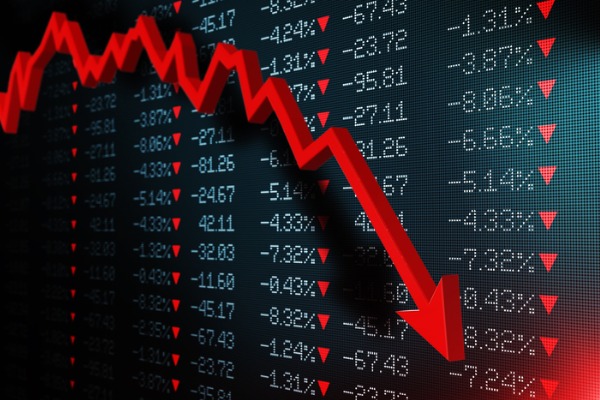The stock market offers countless opportunities, but without the right tools, it can be overwhelming. Market screeners are a vital resource for investors, helping them sift through vast amounts of data to identify stocks that meet their specific criteria. While some IPOs show strong promise and deliver high returns, others end up as top losers. Using a market screener can help mitigate such risks by allowing you to focus on stocks that align with your investment strategy. Working with a skilled stock market advisor alongside a market screener can further improve your chances of success.
Market screeners are online tools that allow investors to filter stocks based on various criteria, such as price, volume, market cap, sector, or financial ratios. This process helps narrow down the universe of stocks, making it easier to identify opportunities with high growth potential or strong fundamentals.
To use a market screener effectively, begin by defining your investment goals. Are you looking for high-growth stocks, undervalued stocks, or stocks offering consistent dividends? Once your goals are clear, set up filters to match your criteria. For example, if you’re seeking growth stocks in the technology sector, you can filter for companies with high revenue growth and low price-to-earnings (P/E) ratios.

Market screeners also allow you to customize the criteria based on your preferences. You can include or exclude specific sectors, set price limits, or focus on technical indicators like moving averages. This level of customization helps you hone in on stocks that align with your unique strategy.
After generating a list of stocks, it’s important to dig deeper into each company’s fundamentals. A market screener provides data, but it’s up to the investor to analyze the broader market trends, financial statements, and management quality. The screener should be seen as a starting point, not a final decision-making tool.
One of the advantages of using a market screener is the ability to track stocks over time. You can save your filters and revisit them to see how selected stocks are performing. Some advanced screeners even let you set alerts to notify you when a stock meets your criteria or reaches certain price points.
Despite its many benefits, a market screener has limitations. It can’t account for qualitative factors, such as a company’s management, leadership changes, or market sentiment. Additionally, it’s possible to over-rely on data alone and miss important insights that a stock market advisor might provide.
That’s why having an expert by your side is valuable. A stock market advisor can help you interpret the data from the screener, offer personalized advice, and guide you through the complexities of the stock market.
In conclusion, market screeners are an indispensable tool for investors, streamlining the process of identifying promising stocks. While they are powerful tools, they should be used in conjunction with proper research and guidance from a stock market advisor. By combining the efficiency of a screener with expert insights, investors can avoid top losers and make smarter, more informed decisions.












Comments